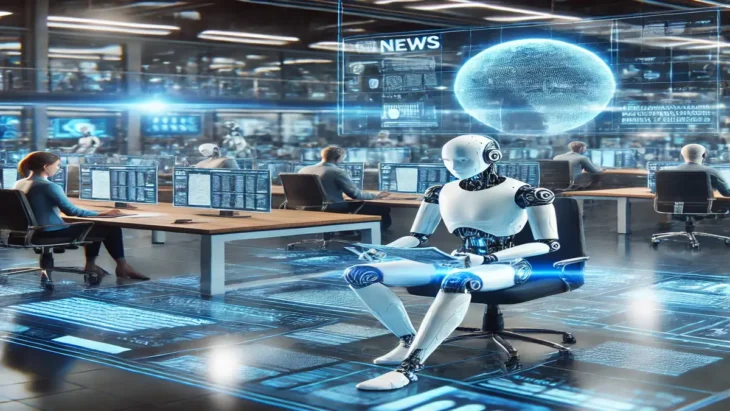Big changes happened at OpenAI, the famous AI research group! They made news by bringing in a famous economist named Larry Summers onto their board. At the same time, Sam Altman, who used to be the boss, came back as the CEO. This all happened briefly after the old board unexpectedly removed him.
The restructuring of OpenAI‘s leadership, symbolized by Summers’ arrival and Altman’s reinstatement, marks a pivotal moment for the company and the AI industry. The significance lies in the notable figures stepping into key positions and the underlying implications for OpenAI‘s future direction and impact on cognitive advancements.
Summers is a big deal in politics, schools, and how big companies are run. He’s got tons of experience from working as the Treasury Secretary for Clinton, being the boss at Harvard University, and being on the boards of Block and Skillsoft. Having him on the board at OpenAI means they’re making a smart move. They’re bringing in someone who knows much about politics and companies to help make important decisions.
Equally influential in this transformation is Bret Taylor, the former co-CEO of Salesforce, who is assuming the board chair role. With a tech-rich background and pivotal roles at Salesforce and Facebook, Taylor brings a dynamic perspective to OpenAI‘s boardroom discussions. His expertise in steering tech giants toward success makes him a valuable asset in shaping OpenAI‘s strategies.
The steadfast presence of Adam D’Angelo, CEO of Quora and an existing board member, is not to be overlooked. D’Angelo’s continued involvement signifies continuity and familiarity within the board’s structure. His commendation of OpenAI’s unconventional board structure, emphasizing its non-profit control coupled with for-profit elements, underlines the company’s commitment to a unique organizational model focused on global impact rather than solely corporate growth.
When the old board suddenly fired Altman, it caused a big stir in the tech and business worlds. People started talking a lot and wondering what would happen to OpenAI. But then, really quickly, they agreed to bring Altman back. This shows that they made up and are trying to fix things, even though people are still not sure exactly how the new board will look or what changes will happen.
Despite the compelling additions and Altman’s reinstatement, specifics about the board’s ultimate structure and the number of members remain ambiguous. OpenAI‘s recent announcement on social media platform X (formerly Twitter) hinted at ongoing collaborations to chart the company’s next steps, fostering anticipation and curiosity about what lies ahead.
The reconfiguration of OpenAI‘s leadership underpins a pivotal moment in the AI landscape. As the organization navigates through this transformative period, the convergence of seasoned figures like Summers and Taylor, alongside the visionary resilience of Altman, elevates the intrigue and significance of OpenAI’s future trajectory.
In essence, the infusion of these adept leaders signifies a turning point for OpenAI, underscoring its commitment to innovation, ethical AI deployment, and global impact. The unfolding narrative of Summers’ induction, Altman’s resurgence, and the ongoing restructuring is poised to reshape OpenAI‘s trajectory and the broader contours of artificial intelligence’s societal and technological evolution with Teck hustlers.
Stay tuned as OpenAI continues to craft its path, navigating through this pivotal chapter to reshape the future of cognitive intelligence.
















